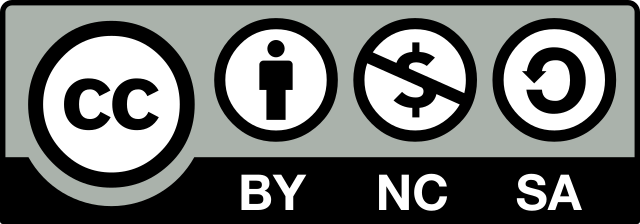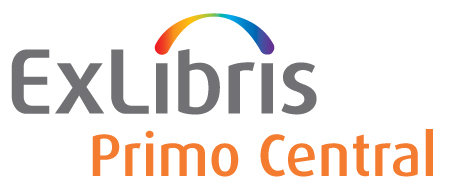Abstract
Objective The objective of this study was to compare the effect of letrozole with dexamethasone (DEX) versus clomiphene citrate (CC) with DEX in ovulation induction in polycystic ovarian syndrome (PCOS). Background PCOS is a common endocrinologic disorder in women characterized by chronic anovulation, hyperandrogenemia, and infertility. Patients and methods Sixty women with PCOS were included in this study and subdivided randomly into two groups. Group I included 30 women who took letrozole 2.5 mg tablet times daily starting from day 2 to day 6 of menstrual cycle and DEX 2 mg/day orally in two divided doses starting from day 3 to day 12 of the cycle. Group II includes 30 women who took the same protocol of DEX combined with CC 50 mg two times daily starting from day 2 to day 6 of the menstrual cycle. Treatment was continued for three consecutive cycles. Main outcome measures are number and diameter of follicles, endometrial thickness, ovulation rate, and pregnancy outcome. Results In group I, the number of mature follicles was less than three follicles/cycle with monofollicular stimulation, whereas in group II it was more than three follicles/cycle with multifollicular stimulation. The mean diameter of follicles was 18.73 in group I and 16.23 in group II. Difference in endometrial thickness was highly statistically significant (P < 0.001), where the mean endometrial thickness was 10.60 in group I and 6.97 in group II. Ovulation was more significantly detected after using letrozole than CC – in 20 (62.5%) women in group I and 12 (37.5%) women in group II (P < 0.05). Pregnancy was achieved in 11 (68.8%) women in group I, which is significantly higher than that in group II – five (31.2%) women (P = 0.05). Conclusion Letrozole and DEX have more success rates in ovulation induction and pregnancy outcome than CC and DEX.
Article Type
Original Study
Recommended Citation
E. Shaheen, Abd Hamid; El-Naggar, Ahmed M.; F. Al-Halby, Alaa El-Deen; and Shabana, Ayman A.
(2018)
"Letrozole with dexamethasone versus clomiphene citrate with dexamethasone for induction of ovulation in polycystic ovary,"
Menoufia Medical Journal: Vol. 31:
Iss.
1, Article 7.
DOI: https://doi.org/10.4103/mmj.mmj_703_16

 Attribution-NonCommercial-ShareAlike 4.0 International (CC BY-NC-SA 4.0)
Attribution-NonCommercial-ShareAlike 4.0 International (CC BY-NC-SA 4.0)



